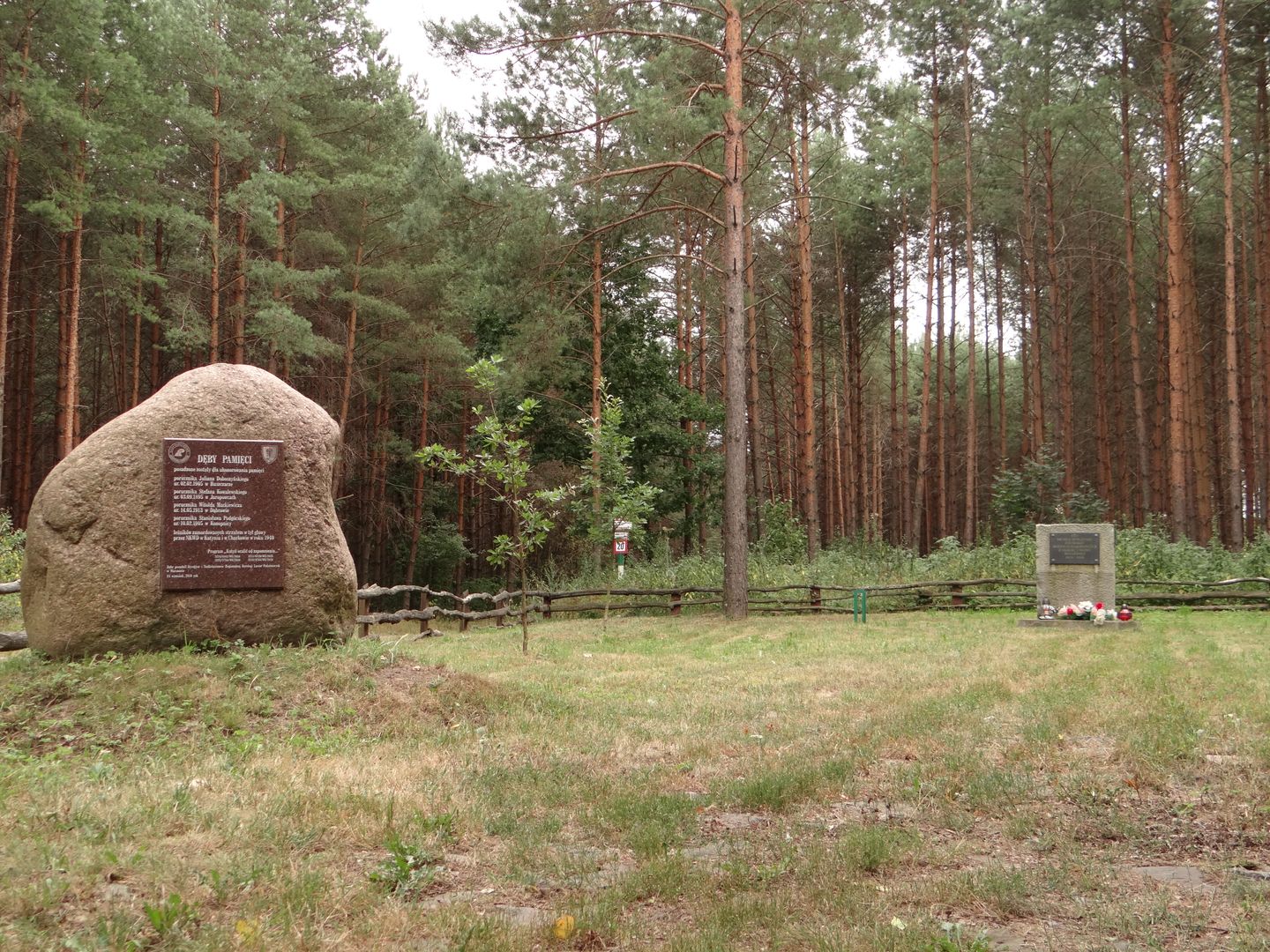Brok
6.01

W skrócie
Brok to miasto w Polsce, położone w województwie mazowieckim, w powiecie ostrowskim, z bogatą historią sięgającą 1203 roku. Lokalne osadnictwo na szlaku handlowym łączącym Pomorze z Rusią Kijowską zyskało prawa miejskie dzięki biskupowi płockiemu Wincentemu Przerębskiemu w 1501 roku. Miasto rozwijało się intensywnie w XVI i XVII wieku jako ważny port na Bugu oraz centrum handlowe, aż do zniszczeń spowodowanych najazdem szwedzkim w 1657 roku. W XIX wieku Brok był miastem duchownym i nabrał znaczenia dzięki rozwojowi gminy oraz działalności lokalnych instytucji, w tym Zakładu Leśno-Praktycznego. Po przejściu przez liczne zawirowania, miasto ponownie uzyskało prawa miejskie w 1922 roku, kiedy to mieszkańcy podjęli próby jego modernizacji i uczynienia miejscowości letniskową, co przyczyniło się do rozwoju turystyki i kultury. W Broku znajduje się kilka zabytków, takich jak piękny gotycko-renesansowy kościół św. Andrzeja Apostoła, ruinę zamku biskupiego, cmentarz żydowski oraz klasycystyczny ratusz, które są świadectwem bogatej historii miasta. Ważne dla pamięci mieszkańców są miejsca pamięci, takie jak odrestaurowany cmentarz przy przysiece, gdzie spoczywają żołnierze polegli podczas I wojny światowej, oraz kurhan grzebalny z czasów epidemii dżumy. Brok, leżący w Dolinie Dolnego Bugu, krzyżuje się z drogami krajowymi i wojewódzkimi, a najbliższa stacja PKP znajduje się w Prostyni. Miasto przeszło trudne czasy po II wojnie światowej, jednak dopiero w końcu lat 50. zaczęło dynamiczniej się rozwijać. Ciekawostką jest, że w Broku mieszkał w latach 30. XX wieku polski lekarz i minister zdrowia publicznego, Tomasz Janiszewski. Dziś miasto, mimo zmian gospodarczych, pozostaje miejscem o bogatej historii, żywym dziedzictwie i potencjale turystycznym.
Mapa
Miasto
Dekanat Łochów
Powiat (II Jednostka administracyjna)
Powiat łosicki
Województwo (I Jednostka administracyjna)
Województwo mazowieckie
Państwo
Polska
Tutaj znajdziesz
2026 Wizytor | Wszystkie prawa zastrzeżone
